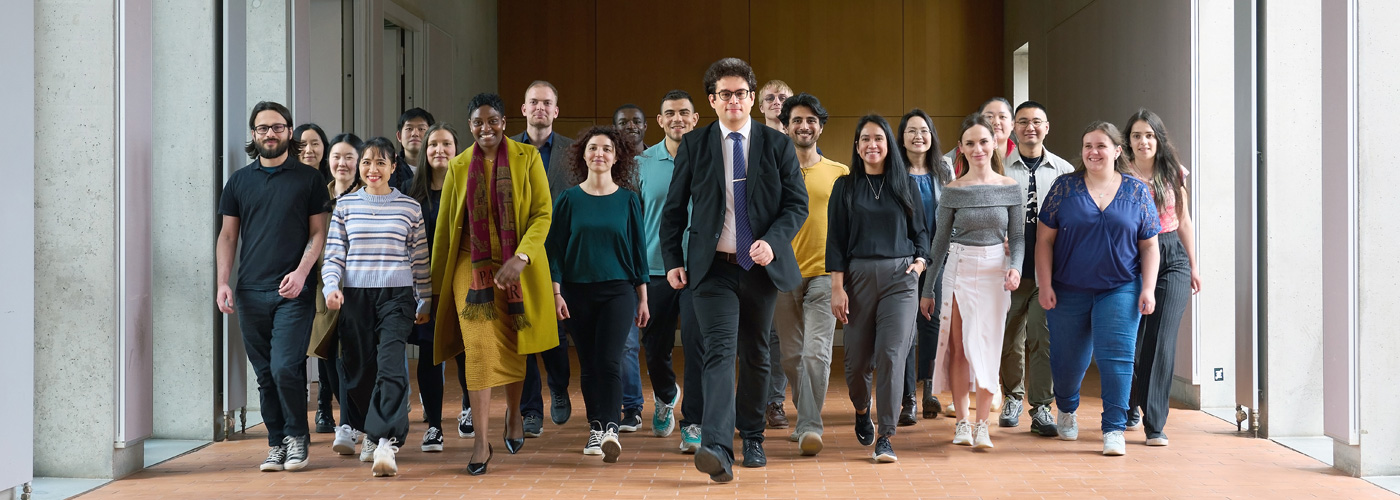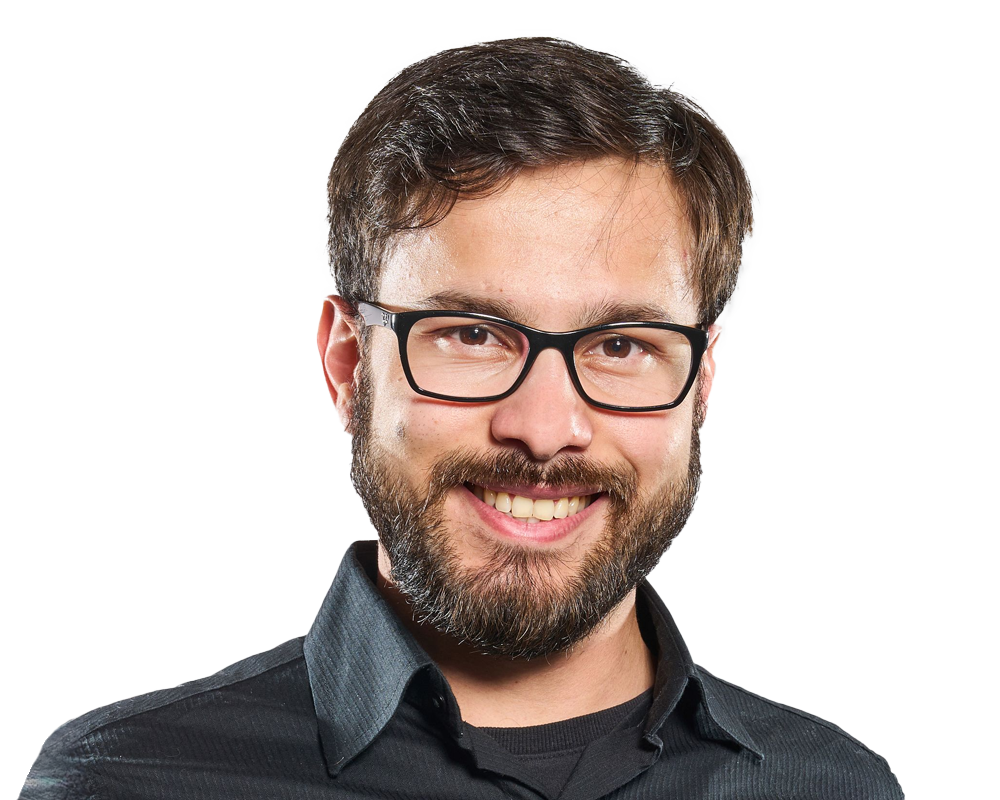The Research Department Energy Materials explores electrochemical materials for sustainable energy storage, innovative water technologies, and eco-friendly recycling solutions.
The Research Department Energy Materials develops materials that can effectively transport and store ions and electrical charges across several length scales. We develop materials that can effectively transport and store ions and electrical charges across several length scales o. Important electrode materials are nanoporous carbons, oxides, carbides, and sulfides, and their hybrids. A key feature is our streamlined workflow from material synthesis, comprehensive structural and chemical material characterization, electrochemical benchmarking, and complementary in situ analysis.
A particular focus is on 2D materials, especially MXene and MBene, to enable rapid charge/discharge supercapacitors and next-next-generation sodium- and lithium-ion batteries. The reversible uptake and controlled release of ions also enables the desalination of seawater and ion separation to separate pollutants such as lead or recover valuable materials such as lithium.
We use various characterization methods, including in situ, for a comprehensive mechanistic understanding. In addition, we are increasingly using digital methods for predictive materials research and digital twinning of battery research. Our collaborations include international basic research as well as industrial projects.
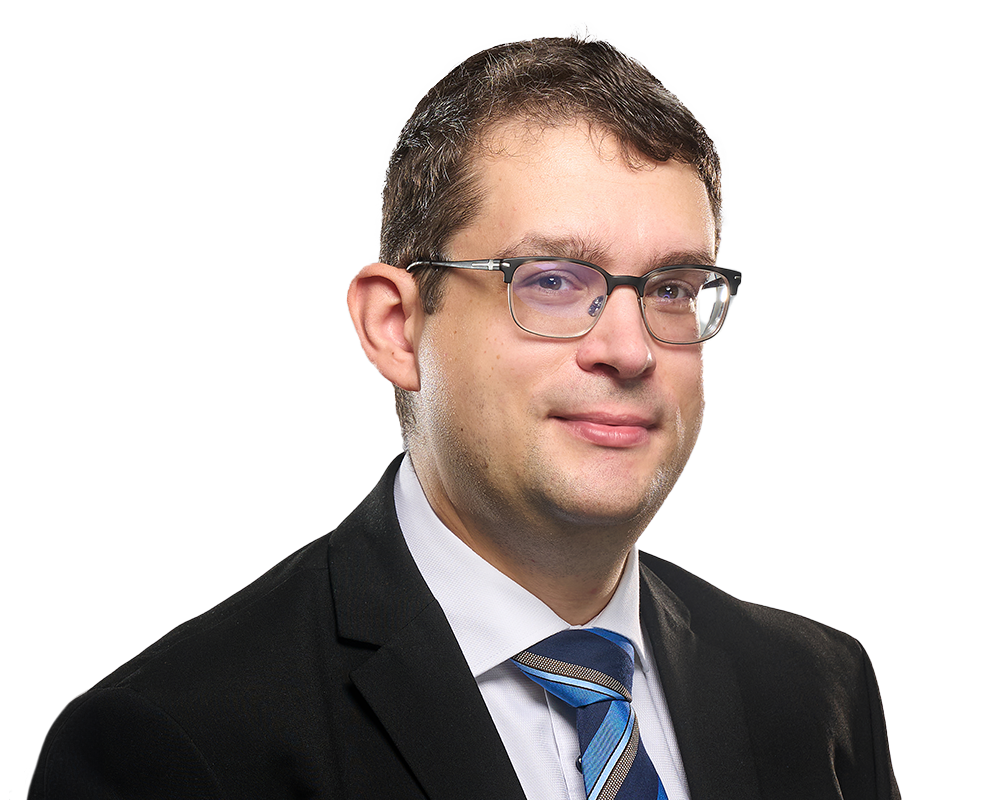
Kontakt
Deputy Group Leader
Laboratory Safety Officer
Secretary
Team Members
Research
Material synthesis
Our team specializes in developing, analyzing, and applying electrochemically active materials and interfaces, focusing on integrating electrochemical activity with electrical conductivity through advanced hybrid materials. We utilize techniques such as sol-gel processes, atomic layer deposition, and electrospinning, supported by comprehensive characterization tools like electron microscopy, X-ray diffraction, and spectroscopy. We extend our work to in situ and in operando methods to deepen our understanding of these materials. Our expertise encompasses a wide array of materials, including carbon and 2D materials like carbon onions and MXene, as well as diverse metal oxides and conversion materials.
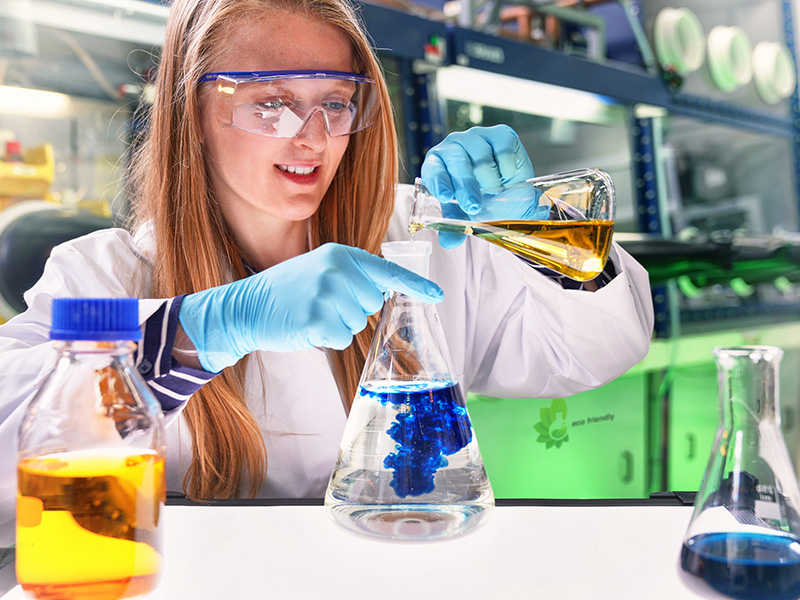
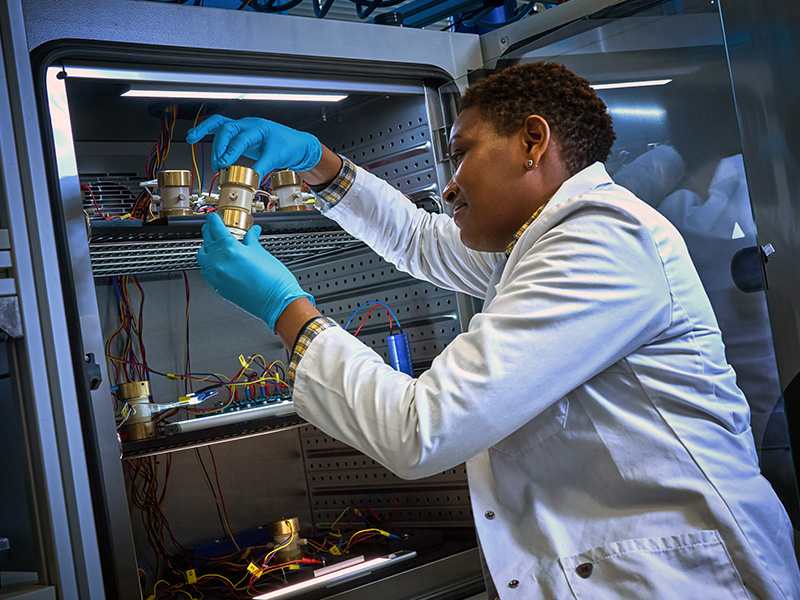
Energy storage
Electrochemical energy storage is at the core of sustainable technologies to store, convert, and recover energy. Our research team explores next-generation electrode materials for Sodium- and Lithium-ion batteries, advanced supercapacitors, and novel hybrid systems. A particular focus is on next-next generation electrode materials, including MXene, high-entropy materials, and nanoscaled hybrid materials. We capitalize on an array of synthesis and characterization methods to employ intercalation, conversion reactions, and alloying reactions for boosting the charge storage capacity and charge/discharge rates. Digitalization, digital twinning, and modelling of energy materials and electrode fabrication complements our research portfolio, including basic research and industrial partnerships.
Water technologies
Energy materials are not just prime candidates for electrochemical energy storage but also are gateways to novel water technologies. Via processes much like for batteries and supercapacitors, that is, redox processes (ion intercalation, alloying and conversion reactions) and ion electrosorption, we can manage the flow of ions. We can selectively immobilize and extract specific ions and drive that process not by high pressure or membrane filtration, but by electrochemical processes and ion selective materials. Our key research activities include general seawater desalination, Lithium-ion extraction, and heavy metal ion removal. Our vision is to have electrochemical processes for an array of elements and compounds for energy-efficient deionization toward circular material use, local elemental harvesting, and pollutant removal.
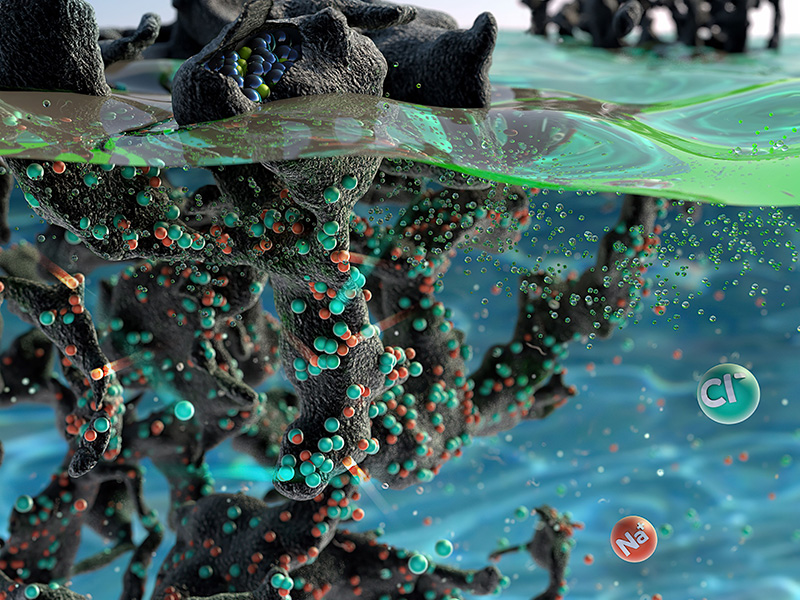
Publications
Abbas, Qamar | Gollas, Bernhard | Presser, Volker
Energy Technology , 2019, 7 (9), 1900430.
https://onlinelibrary.wiley.com/doi/abs/10.1002/ente.201900430
Prehal, Christian | Grätz, S. | Krüner, Benjamin | Thommes, Matthias | Borchardt, Lars | Presser, Volker | Paris, Oskar
Carbon , 2019, 152 416-423.
http://www.sciencedirect.com/science/article/pii/S0008622319305640
Fleischmann, Simon | Pfeifer, Kristina | Widmaier, Mathias | Shim, Hwirim | Budak, Öznil | Presser, Volker
ACS Applied Energy Materials , 2019, 2 (5), 3633-3641.
https://doi.org/10.1021/acsaem.9b00363
Lee, Juhan | Srimuk, Pattarachai | Aslan, Mesut | Zornitta, Rafael L. | Mehdi, B. Layla | Presser, Volker
ACS Sustainable Chemistry & Engineering , 2019, 7 (11), 10132-10142.
https://doi.org/10.1021/acssuschemeng.9b01704
Shim, Hwirim | Lim, Eunho | Fleischmann, Simon | Quade, Antje | Tolosa, Aura | Presser, Volker
Sustainable Energy & Fuels , 2019, 3 1776–1789.
http://dx.doi.org/10.1039/C9SE00166B
Srimuk, Pattarachai | Husmann, Samantha | Presser, Volker
RSC Advances , 2019, 9 (26), 14849-14858.
http://dx.doi.org/10.1039/C9RA02570G
Lee, Juhan | Srimuk, Pattarachai | Zwingelstein, Rose | Zornitta, Rafael Linzmeyer | Choi, Jaehoon | Kim, Choonsoo | Presser, Volker
Journal of Materials Chemistry A , 2019, 7 (8), 4175-4184.
http://dx.doi.org/10.1039/C8TA10087J
Lee, Juhan | Srimuk, Pattarachai | Fleischmann, Simon | Su, Xiao | Hatton, T. Alan | Presser, Volker
Progress in Materials Science , 2018, 101 46-89.
http://www.sciencedirect.com/science/article/pii/S0079642518301051
Budak, Öznil | Srimuk, Pattarachai | Tolosa, Aura | Fleischmann, Simon | Lee, Juhan | Hieke, Stefan W. | Frank, Anna | Scheu, Christina | Presser, Volker
Batteries & Supercaps , 2018, 2 74-82.
https://onlinelibrary.wiley.com/doi/abs/10.1002/batt.201800115
Srimuk, Pattarachai | Lee, Juhan | Budak, Öznil | Choi, Jaehoon | Chen, Ming | Feng, Guang | Prehal, Christian | Presser, Volker
Langmuir , 2018, 34 (44), 13132-13143.
https://doi.org/10.1021/acs.langmuir.8b02485

